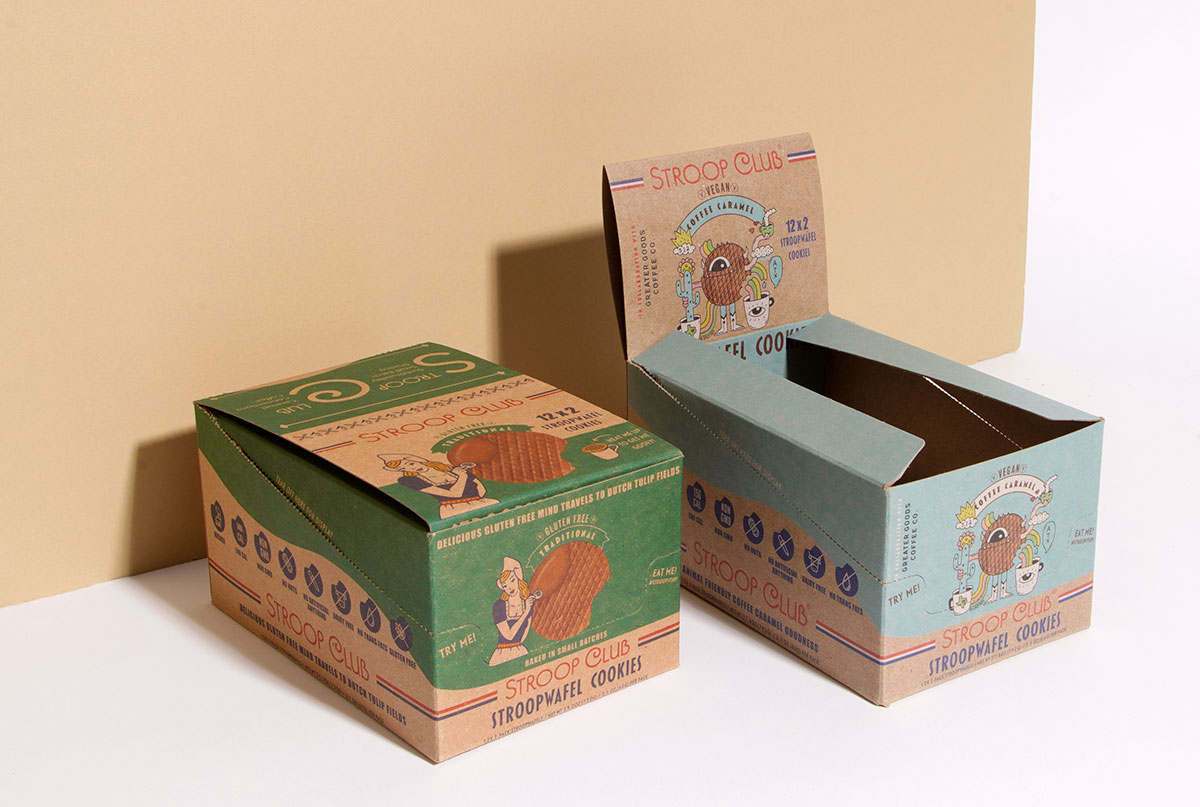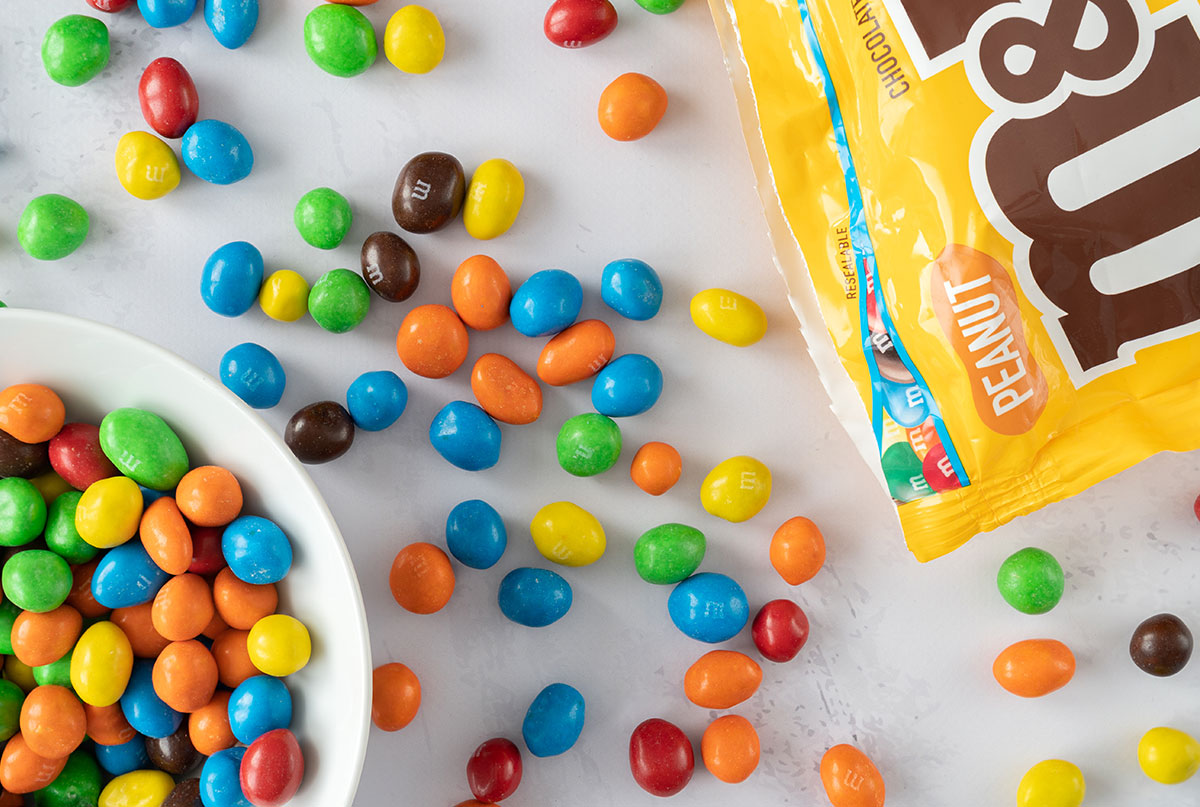In today’s digital world, you have to appeal to online shoppers and those who buy your products in stores. But do you need to use different packaging for each, or can you use the same product packaging for both sales channels?
To get a better idea of whether you can use the same packaging for retail and online, consider a few key differences.
What Shoppers Look for in Packaging
Consider the features of packaging that are most likely to attract shoppers online and in stores.
In Stores
When shopping in stores, shoppers are drawn to packaging that is:
- Distinctive: Your packaging needs to stand out on the shelf.
- Obvious: The purpose of your product must be clear.
- Recognizable: You want clear branding to attract loyal customers.
- Secure: Customers want to know their products haven’t been tampered with by other customers.
- Valuable: Your packaging needs to communicate the value of your brand and product.
Online
There is some overlap with what people are looking for in product packaging while shopping online, but there are also a few unique factors.
- Beneficial: Shoppers want to be able to see the benefits or advantages of the product.
- Distinctive: Your packaging still needs to stand out, making it appealing for unboxing videos.
- Informative: People want to know a product’s measurements and how to assemble it. After all, it is difficult to see a product’s dimensions online, as opposed to seeing it in the store.
- Obvious: They need to be able to identify the product immediately.
Can You Combine Those Factors?
As long as you can combine all those factors, you can use the same packaging online and in stores.
What Color Schemes Work Well
You will also have to think about the color choices for your product packaging. Whether you sell your product online or in stores, the color scheme should match your overall branding.
Online
For online shopping, you want the color of the packaging to be thematic or give an idea of what is inside. A classic example is using red or pink packaging for cherry or strawberry-flavored products.
Your packaging color also has to be distinctive, without deviating from the theme. After all, it needs to stand out online since most people are merely looking at thumbnails. Since color is one of the few features people see, you must be intentional with your color choices.
In Stores
In stores, you also want to follow thematic color schemes, as this helps customers identify your product’s purpose at a glance.
Depending on your product, you may also consider transparent packaging for in-store buyers. Transparent packaging enables the customer to see your product for themselves. This isn’t necessary online, as you will also have product images in your listing.
Conclusion: Short Runs Give Flexibility With Different Packaging
Simply put, if you can meet your customers’ needs for both in-store and online shopping in a single packaging design, you will benefit from using just one packaging design. But if you can’t match the colors or other shopper preferences, different packaging for online and in-store shoppers is the way to go. Still, using different types of packaging shouldn’t be overwhelming, even for small companies. Short-run packaging enables you to order smaller volumes of each design, allowing you flexibility to work with various designs for your products.




